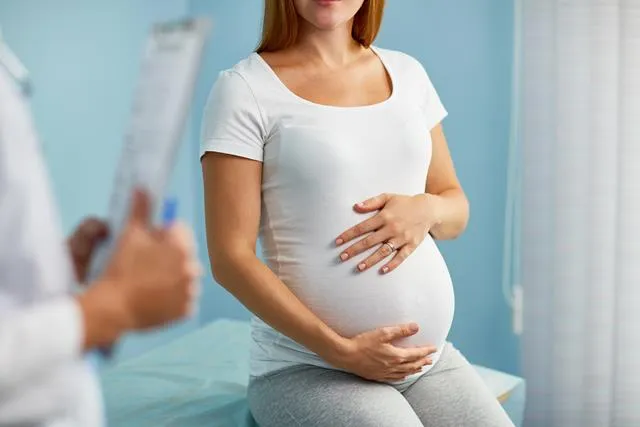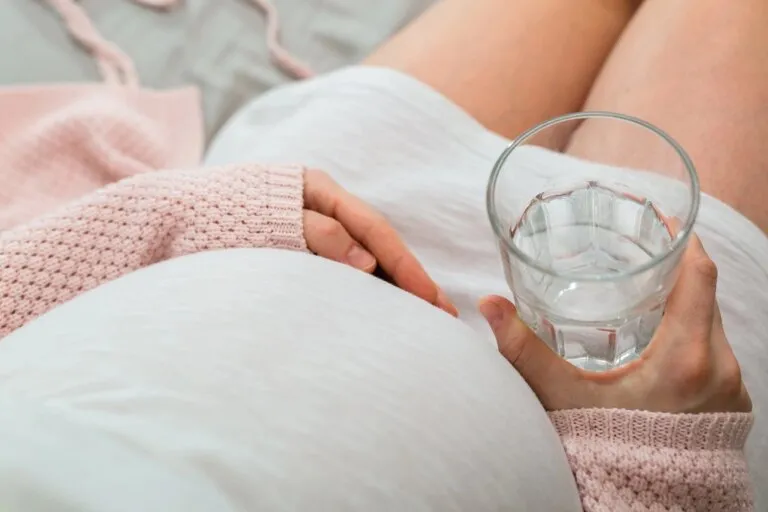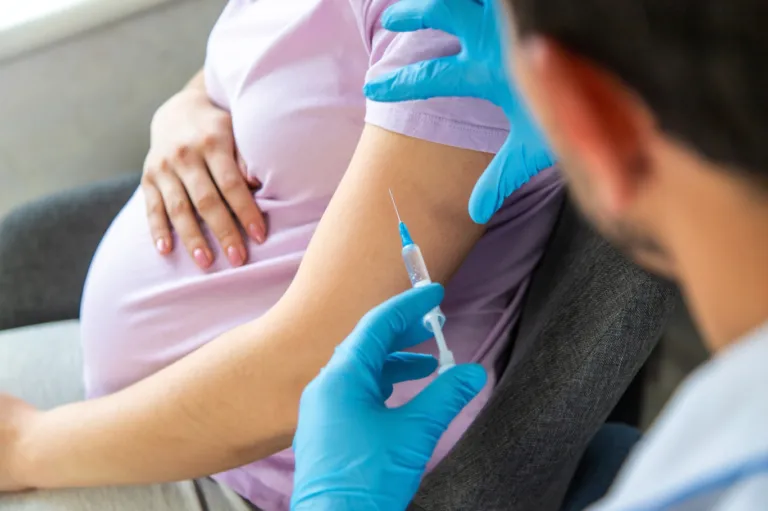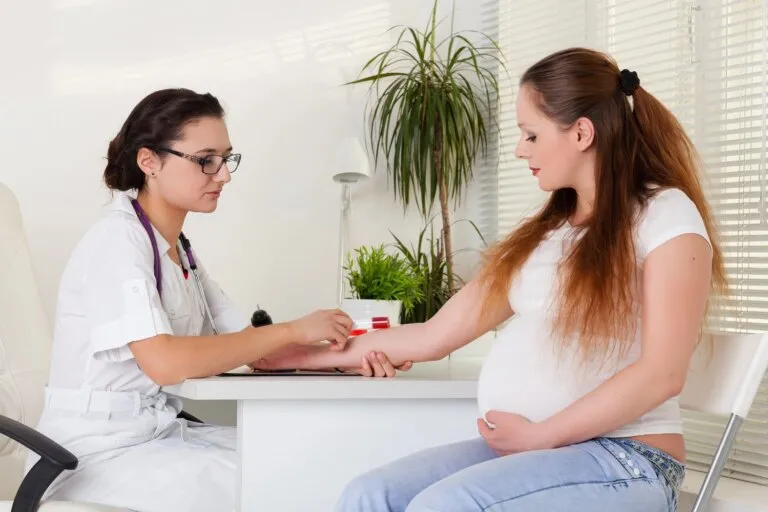Gestational toxicity, known in medical terminology as gestosis, is a complication that can occur in the second half of pregnancy, usually in women expecting their first child. Symptoms include swelling of the face and limbs, vision problems, increased blood pressure and proteinuria. Is gestosis dangerous? What is the treatment if the diagnosis is positive?
What are the types of gestosis?
Medical terminology distinguishes between two types of gestosis – early and late gestosis. There is still no clear answer to the question of why so-called gestational toxicity occurs. The causes are attributed to hormonal changes that take place intensively in the organism of the expectant mother. There is also a lot of talk about psychological factors. Gestosis is diagnosed more often in women who have problems accepting their condition. Poisoning during pregnancy should not be underestimated. While it is not dangerous in the early stages, it seriously endangers the mother and her unborn child in the later stages.
Early gestosis occurs in the first trimester, but usually resolves spontaneously and does not require medical intervention unless the mother-to-be’s body is severely dehydrated. The symptoms are mainly the characteristic nausea and vomiting that the woman experiences in the morning. However, sometimes the symptoms persist and the vomiting continues for several hours. In extreme cases, dehydration may occur, requiring intravenous administration of electrolytes.
Late gestosis is usually diagnosed in the third trimester of pregnancy. Dangerous gestational toxicity usually occurs in the last month of pregnancy. There are two stages of gestosis – preeclampsia in pregnancy and eclampsia in pregnancy. The poisoning has very characteristic symptoms.
Symptoms of late gestosis – what should worry an expectant mother
In the course of late gestosis, the body’s water balance is disturbed, so that a characteristic swelling appears on the face and all limbs. The body begins to excrete larger amounts of protein than usual (called proteinuria). Blood pressure also increases and may exceed 140/90 mmHg.
Sometimes the first symptoms are underestimated by the expectant mother because the swelling has accompanied her since the beginning of pregnancy. The alarm signals should be mainly those that appear in the facial area and do not disappear. When alarming symptoms appear, it is advisable to see the attending gynecologist as soon as possible, because the risk of pregnancy eclampsia, increases.
Eclampsia in pregnancy – symptoms and risks
Pregnancy eclampsia requires urgent intervention of a specialist, as it seriously threatens the health and life of the mother and the unborn child. In addition to stomach problems, the woman’s mood deteriorates significantly, and anxiety occurs. The expectant mother also suffers from severe headaches and dizziness, which aggravate the nausea. Visual disturbances and even loss of consciousness and coma may occur. Sometimes convulsions also occur. This symptom may even occur during or immediately after the birth itself. Cramps before the onset of labor or during labor are usually the signal for a cesarean section.
Prevention of pregnancy poisoning and treatment of diagnosed gestosis
In cases of gestational toxicity, rapid diagnosis is critical. The earlier gestosis is detected, the easier it is to treat. Prevention, of course, is essential, so the expectant mother must comply with the examinations and, if indicated, should go for further diagnostics. The visit to a specialist should not be postponed, even if the pregnancy is developing normally, and any worrying symptoms are an indication for immediate consultation. The doctor will not only determine the cause of the deterioration, but also reassure the expectant parents and suggest the best course of action. Diet is also important. It is worth limiting salt intake and supplementing the daily diet with protein-rich products.
If gestosis is diagnosed late, hospitalization and constant monitoring of the mother’s and baby’s parameters is required. Antihypertensive drugs and intravenous electrolytes are administered to restore the body’s normal metabolism. The expectant mother should lie down, and if the pregnancy is well advanced, the doctor may decide to perform the aforementioned cesarean section.










